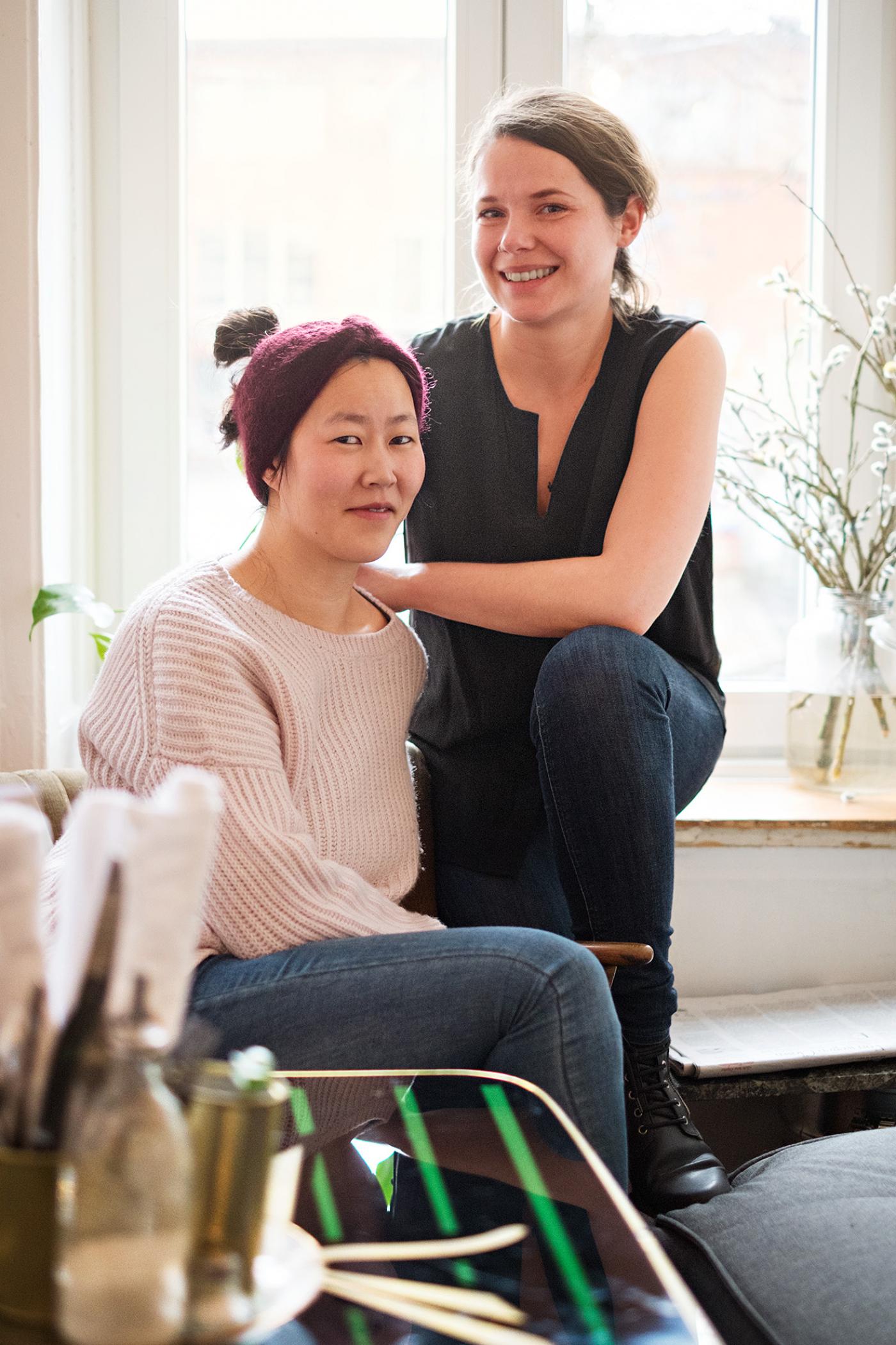The café produces e.g. jam and oat-almond milk to avoid waste packaging. Guests drink the lemonade from aluminium straws and use cloth instead of paper napkins. “We want to be a model for guests and other restaurateurs,” said Alana Zubritz, co-founder café of “In Guter Gesellschaft”, but “without patronising anyone”. The menu does not indicate that food and drinks are bought, prepared and sold free of plastic. The café is frequented mostly by tourists at the weekend, but hardly anyone is aware of its zero-waste concept, said Zubritz.
Zero waste café picks up a trend
More and more zero-waste shops and eateries like “In Guter Gesellschaft” on Hamburg’s Sternschanze are catering to people keen on sustainable lifestyles. There, food is bought and sold entirely free of packaging. Most of the stores and cafés are regional and partly in Demeter quality and have an organic seal of approval.
Homemade lemonade, jam and vegetable milk
Costs of raw materials offset personnel costs
The café does not charge higher prices as the low cost of raw materials compensates for the higher personnel costs Zubritz explained, adding: “We do need more time to make our own fig mustard. But the figs and mustard seeds are cheaper than ready-made products.”
Sustainability connects
Zubritz and Ina Choi-Nathan founded the café in 2017 initially as a clothes-swapping centre. “But we wanted to earn a living and we eventually focused more on the coffee and cake tradition.” Third time lucky rang through for the duo in their search for a microcredit. “We were lucky with the last one,” said Zubritz: “The bank employee was a hobby diver and she was well aware of the plastic problem.”
Liter of residual waste per week
At first, managing the company proved more challenging than ensuring everything was free of plastic. “It’s so easy to avoid waste,” said the founders. Flour and sugar is delivered in paper packets and vegetables arrive in wooden crates. At present, the café produces only one liter of residual waste per week, which is “a negligible amount compared to conventional gastronomy”, Zubritz noted. Cardboard is recycled and organic waste lands in the compost bin. All other packaging is recycled e.g. jam jars become drinking glasses and old menus become notebooks for orders.
Other zero-waste cafés
Environmental awareness is rising in Hamburg amid the quest to avoid waste. And zero-waste cafés are spreading with e.g. the “Monger” café in Hoheluft and “Stückgut” in Ottensen. Both the Edeka and Netto retail-stores want to introduce environment-friendly receipts made of recyclable thermal paper. Meanwhile, the Hamburg-based start-up Terrorists of Beauty sell only natural soaps based on traditional ingredients for hair care, body and face and replace shampoos, shower gels and facial cleansers – entirely without micro plastics.
mt/sb/pb
